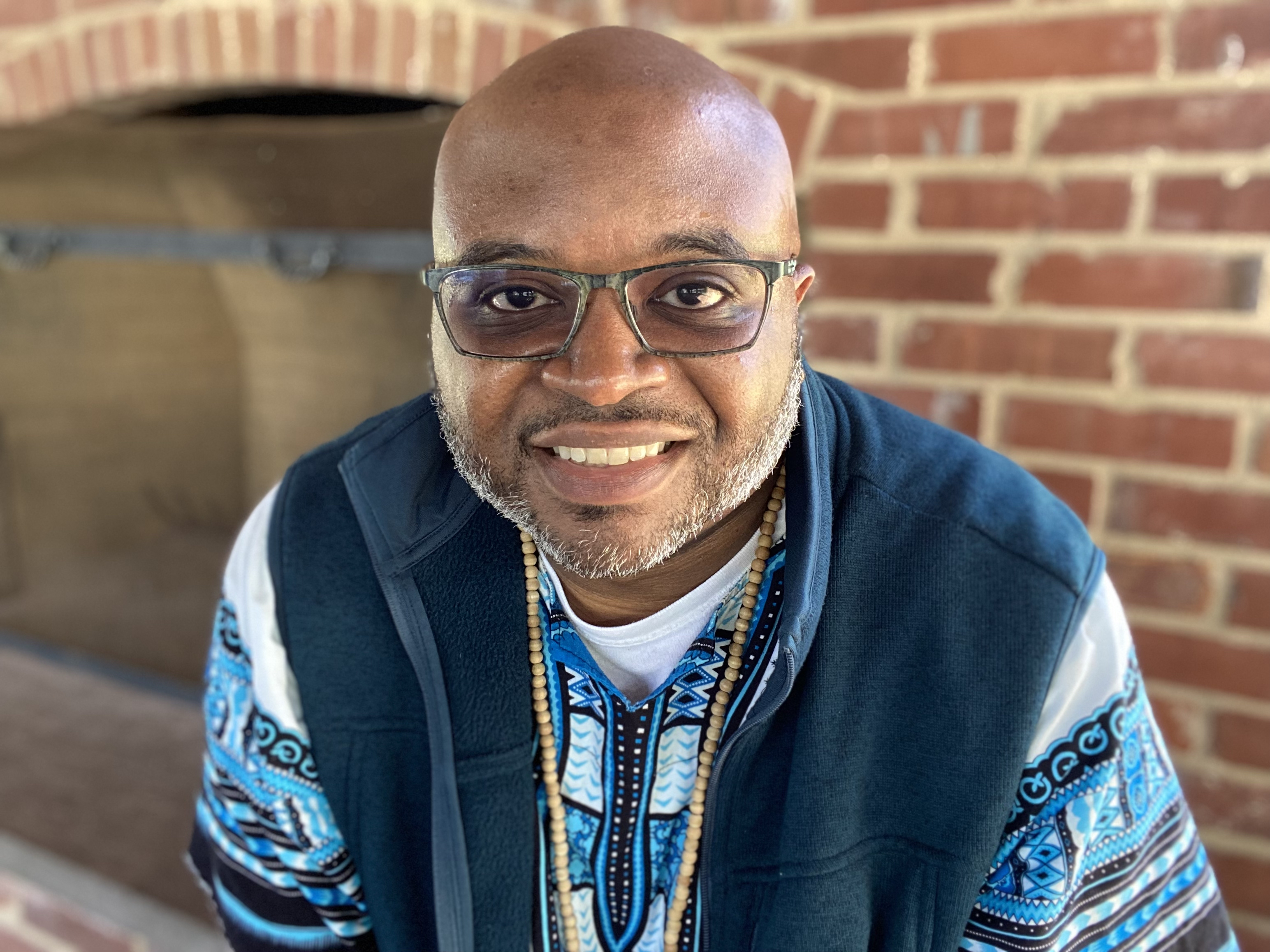Beyond Traditional Addiction: The Pervasive Grip of Destructive Habits of the Ego-Mind
Oct 08, 2023
Addiction is often portrayed in popular culture as a sinister character clinging to the backs of those suffering from substance abuse. However, the canvas of addiction is vast, expansive, and not limited to just the habits we've come to commonly associate it with. It's time we recognize that addiction doesn't exclusively belong to the realm of drugs, alcohol, or gambling. It can manifest in subtler ways, influencing our daily actions, reactions, and internal dialogues.
"The true self is that which can stand outside of the ego and witness its actions."
– Swami Rama
The Many Faces of Addiction
If you find yourself compulsively engaged in any of the following behaviors, it's worth considering the presence of an underlying mental addiction:
-
Opinions and Judgment: If arguments with loved ones are a recurring pattern, it’s likely you're addicted to your stance and perspectives.
-
Internal Dialogue: The constant voice inside that berates and criticizes? An addiction to self-loathing.
-
Resentment: Holding onto grudges and being unable to move on? An addiction to bitterness.
-
Drama: If you're magnifying every situation, you're probably addicted to theatrics created by the melodrama of the ego-mind.
-
Gossip: This often indicates an addiction to feeling superior or more important.
-
Pride: The need to always be right, even at the cost of others? Clear signs of an addiction to vanity.
-
Relentless Internal Dialogue: Constantly replaying conversations is a sign of addiction to overthinking. It indicates an underlying anxiety about perceptions and a fear of misjudgment.
-
Being Wounded: If setting boundaries feels impossible, it might be an addiction to playing the wounded role or martyr. This pattern may be the impact from past traumas where victimhood felt safer than assertiveness.
-
Blame: Consistently blaming others for one's circumstances indicates an addiction to victimhood. It's a way of externalizing responsibility, avoiding introspection and growth.
-
Conceit: Making sarcastic remarks or belittling jokes reveals an addiction to conceitedness. It's a mechanism to mask insecurities and to feel momentarily superior. You can oftentimes see this in the workplace where colleagues gang up against one another.
-
Arrogance: Constantly talking about oneself, often without regard for the listener, points to an addiction to arrogance. It signifies a deep need for validation and acknowledgment.
-
Self-Sabotage: Continually engaging in behaviors that impede personal success or happiness is an addiction to failure. It might stem from deep-rooted beliefs of unworthiness or fears of success.
- Self-Abuse: If one constantly seeks painful relationships or situations, it reveals an addiction to self-abuse. It's often a misguided attempt to validate negative self-beliefs or to recreate unresolved past traumas.
The list goes on. From incessantly replaying conversations in your head, to seeking out painful relationships, the scope of addictive behaviors is vast. But identifying them is only half the battle. Recognizing these addictions is the first step towards healing. By acknowledging these patterns, we can begin to understand their origins, work towards breaking them, and ultimately pave a path toward healthier behaviors and beliefs.
The Puppet Master: The Ego-Mind
To truly address these behaviors, we must understand their genesis. Enter the ego-mind, the puppet master behind the scenes, pulling the strings of our actions and thoughts. This deceptive entity convinces us that its whispers are our own beliefs, leading us down a rabbit hole of self-destruction.
Over time, we've become so intertwined with our ego-mind that we mistake its voice for our own. These internal dialogues are, in fact, a culmination of years of acquired beliefs and ideas, many of which aren't even rooted in reality.
Differentiating Truth from Falsehood
Pain and suffering are usually signposts indicating we're on the wrong track, believing in untruths. A thought causing pain, like feeling unlovable, isn't rooted in reality. But how can we differentiate between the truth and these corrupted programs?
To put it simply, any thought resulting in pain is likely not the truth. Our genuine, spiritual self does not thrive on negativity, and any idea rooted in it is the result of misleading and low-frequency programming. Unfortunately, these false beliefs often stem from childhood experiences or societal messages that told us we weren't good enough.
Breaking Free
If there's one thing clear, it's that our destructive patterns don't reflect our true nature. They're manifestations of corrupted, fear-based ego-programming that we've internalized over the years. Recognizing these behaviors as addictions is the first step. The subsequent journey involves disentangling our authentic selves from the grasp of the ego-mind.
Only by acknowledging and confronting these hidden addictions can we hope to lead a life rooted in truth, free from the shackles of our destructive egocentric patterns. As with any addiction, the road to recovery begins with awareness. Let's make a promise to ourselves to recognize, address, and break free from the chains our ego-mind has wrapped us in. You are worth it.
Update Your Algorithm
When: Friday, October 27, 2023
Where: StreamYard and Facebook
Time: 7pm (CT)/8pm (ET)
I'm thrilled to announce our upcoming session, titled "Unlocking Forgiveness: How Letting Go Transforms Us and Counters Chronic Anger and Narcissism," where we'll dive deep into the intricate world of forgiveness. This isn't just a superficial discussion on letting bygones be bygones. Instead, we aim to explore forgiveness as a transformative tool, one that holds the key to personal growth and stronger, more compassionate connections with those around us.
Agape and Stay L.I.T.
Harry "The Nocturnal Therapist" Turner


